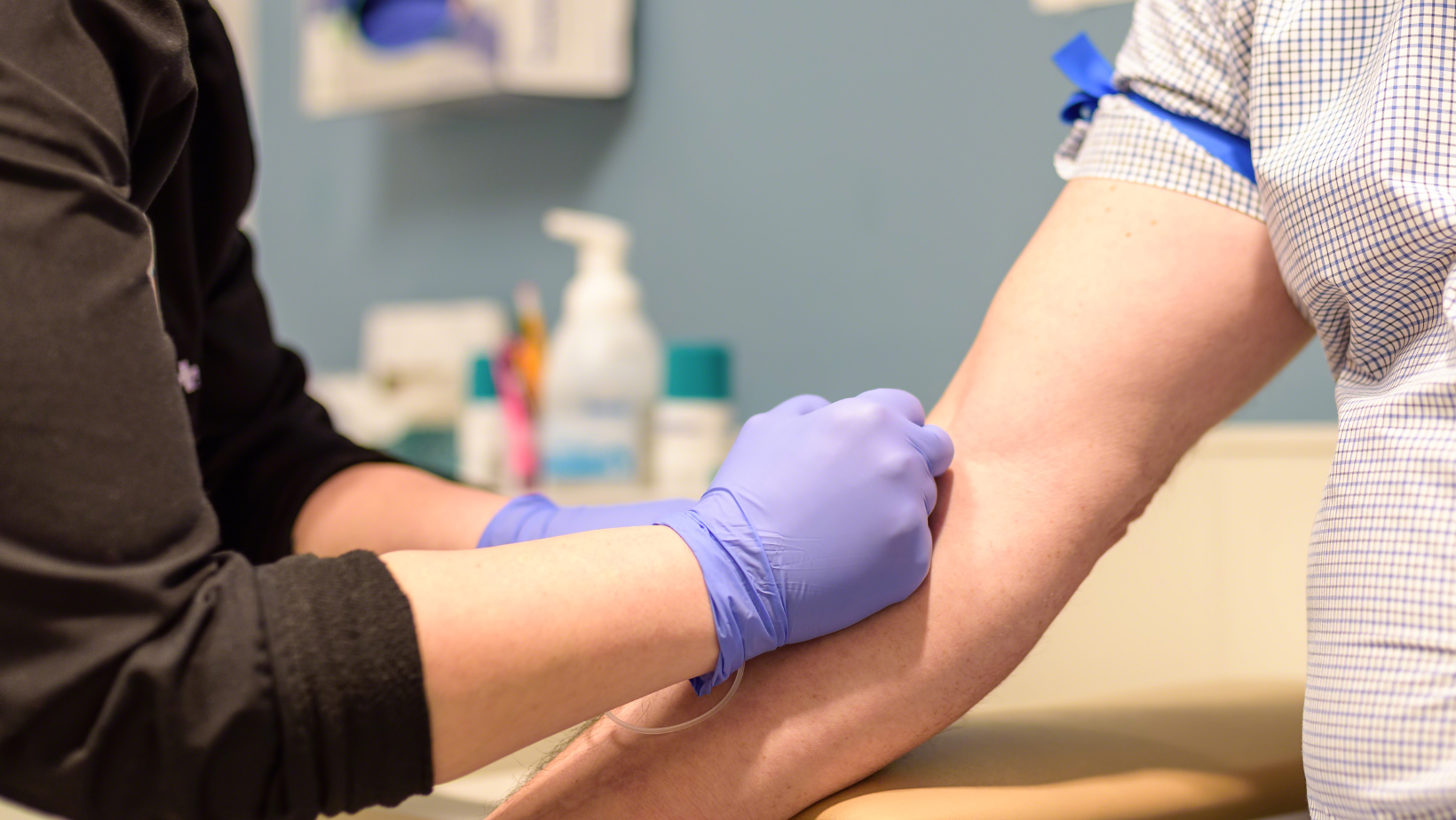Why should you go for health screening ?
Health screening is essential to be sure whether a person is suffering from a particular disease or condition, even though he or she is asymptomatic. Health screening enables early detection of disease or condition, which enables early treatment, avoid complications, much suffering or even death.
A person should get tested for a particular disease or condition especially if he/she has an immediate family member who has a similar disease or condition.

What does health screening consist of ?
Health screening includes various tests ie. blood or urine tests and other procedures like X-rays and ultrasound. It is usually done on a regular basis, for example, once per year or once in 2-3 years or when a person reaches a certain age.
However, screening requirement varies from one person to another, and not all screening tests are necessary or helpful. The best way is to consult a doctor before choosing your health screening package.
1. Screening for high blood
If your diastolic blood pressure is at 90 mmHg (millimetres of mercury) or higher or your systolic blood pressure is at 140 mmHg or higher, you have high blood pressure. Diastolic pressure is the blood pressure when the heart relaxes and systolic pressure is the blood pressure when the heart is pumping.
High blood pressure can sometime be unnoticeable until complications like heart and kidney failure occurs. These complications can be prevented with early detection and treatment.
Who should screen for high blood pressure ?
(i) Age 40 and above, blood pressure should be screened at least once a year.
2. Screening for high blood cholesterol
When you have more cholesterol in your blood than your body needs, it is known as high blood cholesterol. As blood cholesterol level increases, the risk of developing heart disease increases.
Who should screen for high blood cholesterol ?
(i) Age 40 and above
(ii) Had heart attack, or stroke previously
(iii) Diabetic
(iv) Family members with high blood cholesterol
Risk factors of heart disease, ie. smoking, high blood pressure or family members who had heart disease before 65 years old should be taken into consideration to screen for high blood cholesterol as early as the age of 30.
3. Screening for diabetes mellitus
Diabetes is a disease when the pancreas produces too little or ineffective insulin. Therefore, people with diabetes have abnormally high level of glucose in their blood that can cause damage and failure to various organs ie. eyes and kidneys. It may even lead to kidney failure.
Who should screen for diabetes ?
(i) Age 40 and above.
However, you should screen as early as age 30, if you:-
(i) Are overweight/obese
(ii) Have high blood pressure
(iii) Have close relative who is diabetic
(iv) Suffers from coronary heart disease
(v) Have diabetic during pregnancy
(vi) Suffers from PCOS
(vii) Have abnormal Lipid level
(viii) Have previously confirmed borderline high blood glucose level
4. Screening for colorectal cancer
Colorectal cancer also known as cancer of the colon which is the main part of the large intestine and rectum -the passageway connecting the colon to the anus.
Who should screen for colorectal cancer ?
(i) Age 50 and above – if you do not have any symptoms and are not considered to be high risk.
(ii) High risk (ie. Close relative who have colorectal cancer or have colorectal polyps in large intestine) – screen as early as possible at a more frequent intervals.
(iii) Women who have had cancer of the womb, ovaries or breast, should screen for colorectal cancer frequently as they are at higher risk.
5. Screening for Hepatitis B
Hepatitis B is being infected with Hepatitis B Virus (HBV). An estimate of 1 million people are chronically infected with hepatitis B in Malaysia.. People with HBV infection may eventually become seriously ill with or may die from abnormal liver condition and/or from liver cancer.
Who should screen for Hep B ?
(i) Pregnant
(ii) Healthcare worker
(iii) Person undergoing kidney dialysis
(iv) Family /Close relative who has HBV infection/liver cancer
(v) Engage in high risk behaviour (ie. having sex with prostitutes/strangers, sex with partner who has HBV, homosexual sex, drug addicts, sharing of needles, etc)
6. Screening for Liver Cancer
According to the latest WHO data published in 2020 Liver Cancer Deaths in Malaysia reached 1,984 or 1.18% of total deaths. The age adjusted Death Rate is 6.96 per 100,000 of population ranks Malaysia #57 in the world. (Source: worldlifeexpectancy)
Who should screen for Liver Cancer ?
(i) People with chronic hepatitis B infection, hepatitis C liver cirrhosis, and liver cirrhosis from other causes.
7. Screening for Tuberculosis (TB)
TB is a infectious and serious disease that affects the lungs and other part of the body.
Who should screen for TB ?
(i) People with TB symptoms
(ii) Coughing for more than 3 weeks
8. Screening for Sexual Transmitted Infections (STIs)
STIs is mainly spread through sexual intercourse with an infected person. Examples of STIs are chlamydia trachomatis infection, syphilis, gonorrhoea, genital herpes, HIV and genital viral warts (human papillomavirus infection).
Useful link: http://cleadoc.com


